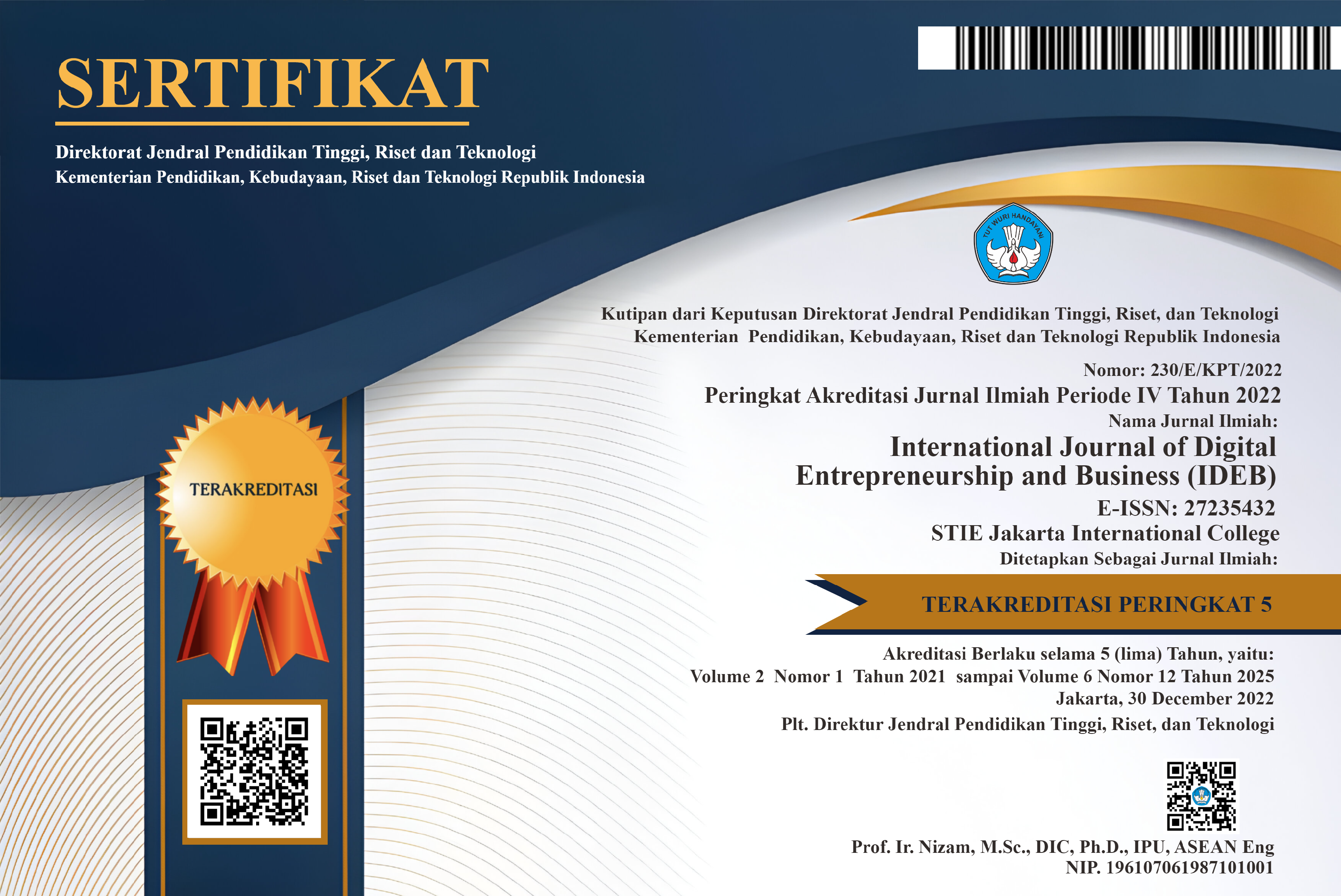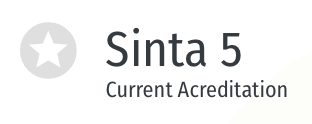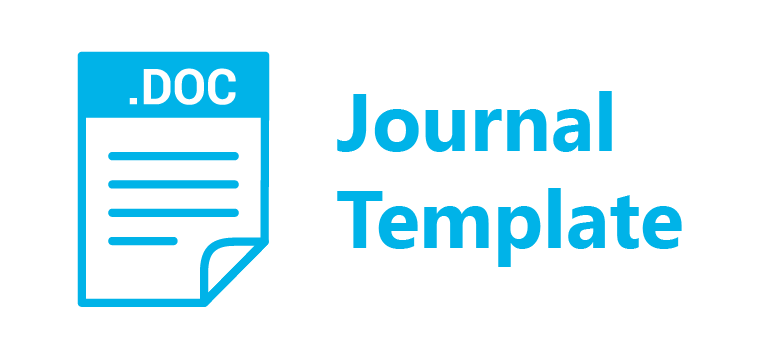Complaints Handling Satisfaction mediates between Complaints Handling to Customer Loyalty for the Indonesian Banking Industry
DOI:
https://doi.org/10.52238/ideb.v2i2.69Keywords:
Complaint Handling, Complaint Handling Satisfaction, Customer Loyalty, Jakarta-Indonesia, Process Macro, Banking IndustryAbstract
This study aims to explain and investigate the effect of complaint handling on complaints handling satisfaction, consequently impacting customer loyalty. This study uses 110 respondents at Conventional Commercial Banks and Indonesian Shariah banking in the DKI Jakarta – Indonesia. Path analysis modeling and mediation test using PROCESS Macro and SAS 3 with SPSS 26. The research findings explain that complaints handled correctly and adequately can increase complaint handling satisfaction. Handling customer complaints can increase customer loyalty. Complaint handling satisfaction can also increase customer loyalty. Complaint handling satisfaction acts as a mediator between the relationship of complaint handling and customer loyalty. In terms of its positive effects, customer complaints are inputs and strategic assets that provide essential knowledge for the bank to improve its performance. For this reason, the bank can manage relationship management with customers to better respond to customer complaints. The research results can act as an input for the bank’s management to develop efforts to handle complaints and expand service recovery strategies, creating satisfaction in handling complaints and customer loyalty.
Downloads
Downloads
Published
How to Cite
Issue
Section
 Abstract viewed = 1489 times
Abstract viewed = 1489 times












